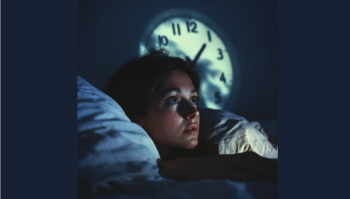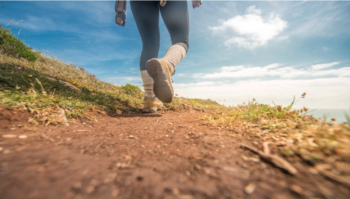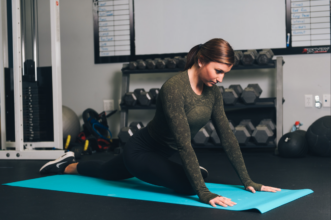 Reading Time: 6 minutes
Reading Time: 6 minutesSleep and exercise are two pillars of a healthy lifestyle, but what happens when they clash?
If you’ve ever tossed and turned all night only to wake up groggy and wonder whether you should still hit the gym, you’re not alone. The question of whether to exercise when you don’t get enough sleep is a common dilemma.
On one hand, physical activity can boost energy and mood; on the other, pushing your body when it’s already running on empty might do more harm than good. So, what’s the right call? Let’s dive into the science, weigh the pros and cons, and explore practical tips to help you decide.
The Sleep-Exercise Connection: Why It Matters
Sleep is the body’s reset button. It repairs muscles, consolidates memories, and regulates hormones like cortisol (stress) and growth hormone (muscle recovery). When you skimp on sleep—whether it’s a restless night or chronic sleep deprivation—those processes take a hit. Exercise, meanwhile, is a powerhouse for physical and mental health, improving cardiovascular fitness, releasing endorphins, and even enhancing sleep quality over time.

But here’s the catch: exercise and sleep are deeply intertwined. Poor sleep can sap your energy, reduce workout performance, and increase injury risk. At the same time, a well-timed workout might counteract some effects of sleep loss. To figure out whether you should lace up your sneakers or hit the snooze button, let’s break it down.
The Case for Exercising on Little Sleep
Believe it or not, there’s evidence that exercising after a bad night’s sleep can be a net positive—if you approach it wisely. Here’s why you might want to push through:
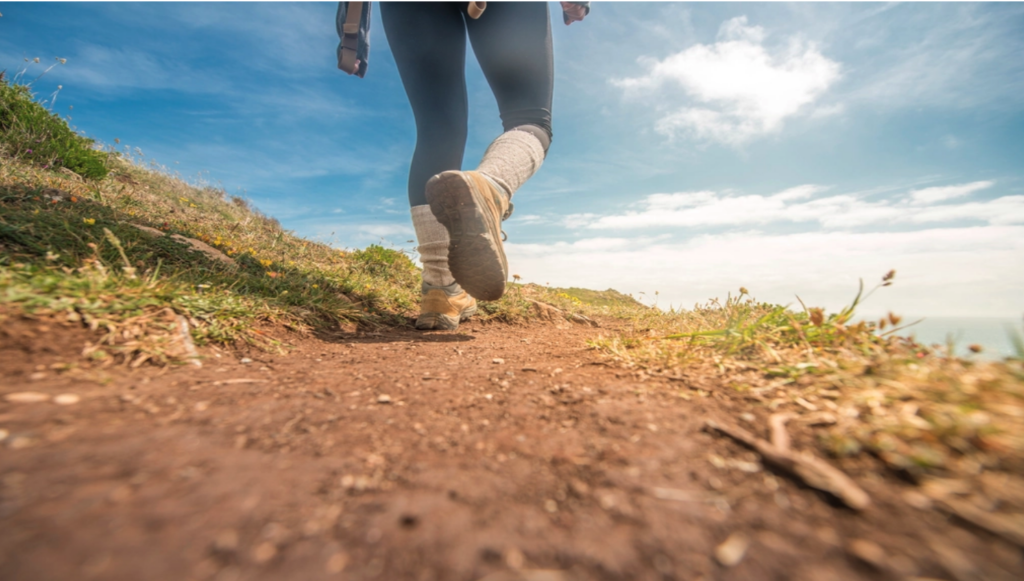
-
Boosts Energy and Mood
Ever notice how a brisk walk can shake off that mid-afternoon slump? Research shows that moderate exercise increases blood flow, delivering oxygen and nutrients to your brain and muscles. A 2017 study in the Journal of Sleep Research found that even sleep-deprived individuals reported higher energy levels after a 30-minute workout compared to those who stayed sedentary. -
Improves Cognitive Function
Sleep deprivation fogs your brain, but exercise can clear some of that haze. Aerobic activity has been shown to enhance focus and decision-making, even when you’re tired. It’s like a shot of espresso without the jitters. -
Maintains Routine
Consistency is key in fitness. Skipping a workout because of one rough night might derail your momentum, especially if you’re training for a goal like a 5K or building a habit. -
May Help You Sleep Better Tonight
Physical activity can regulate your circadian rhythm and tire you out in a good way, potentially setting you up for a deeper sleep the next night. Just avoid intense workouts too close to bedtime, as they might keep you wired.
The Case Against Exercising on Little Sleep
Before you grab your running shoes, consider the flip side. Exercising while sleep-deprived isn’t always a win, and here’s why:
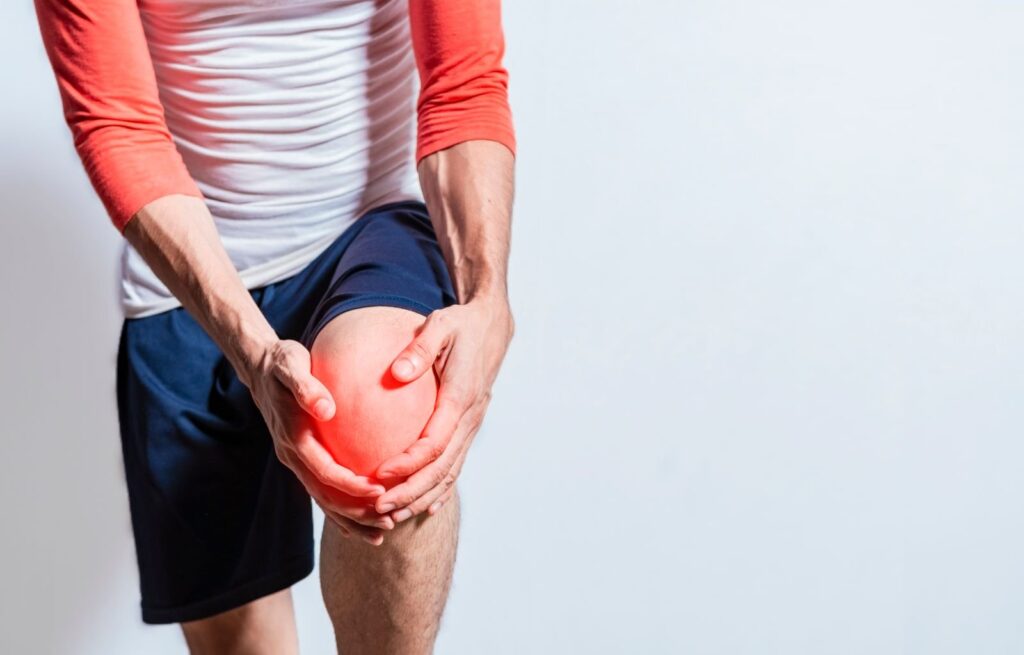
-
Reduced Performance
Lack of sleep tanks your endurance, strength, and reaction time. A 2018 study in Sports Medicine found that sleep-deprived athletes had slower sprint times and lower aerobic output. If your workout feels like slogging through mud, you might not get the benefits you’re aiming for. -
Higher Injury Risk
Tired muscles and a foggy brain are a recipe for mishaps. Poor coordination and form—think tripping on the treadmill or dropping a dumbbell—become more likely when you’re not sharp. -
Stress on Your Body
Sleep deprivation elevates cortisol levels, and intense exercise piles on more stress. Overdoing it could weaken your immune system or delay recovery, leaving you feeling worse than before. -
Diminished Returns
If your body hasn’t recovered from yesterday’s workout due to poor sleep, today’s session might not build strength or endurance effectively. You could end up spinning your wheels instead of making progress.
How to Decide: Listen to Your Body
So, should you exercise or not? There’s no one-size-fits-all answer—it depends on how sleep-deprived you are, your fitness level, and your goals. Here’s a quick checklist to guide your decision:
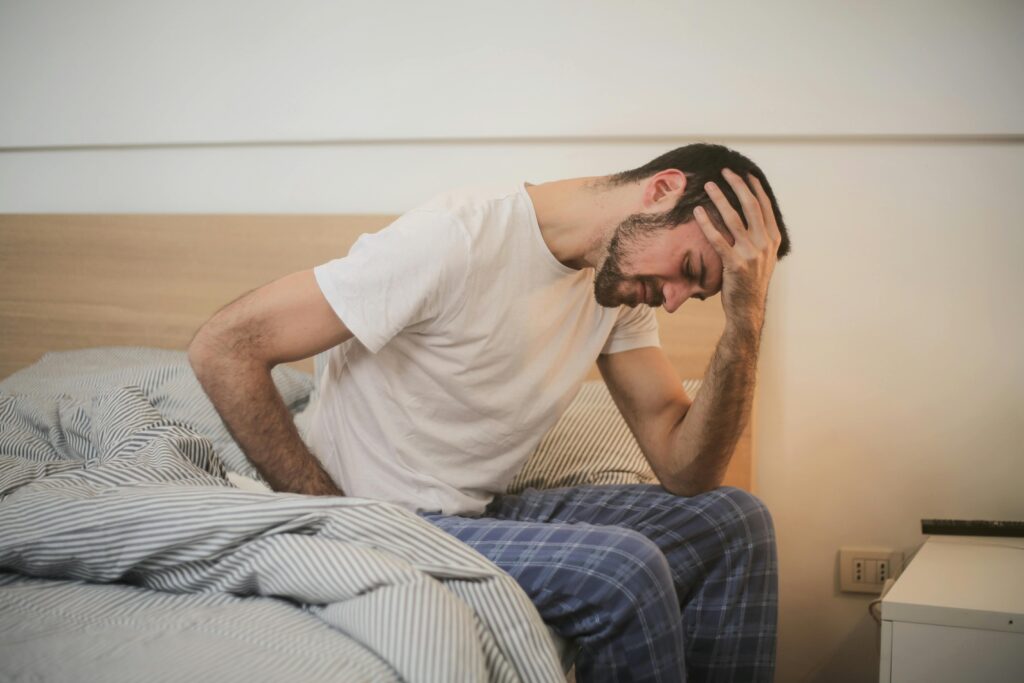
-
How Much Sleep Did You Get?
Less than 4 hours? Maybe skip the heavy lifting and opt for something gentle. 5-6 hours? You’re likely okay for a lighter workout. Closer to 7? Go for it, but scale back if needed. -
What’s Your Energy Level?
If you’re yawning nonstop or feel like you’re moving through quicksand, rest might trump reps. If you’re tired but functional, a short session could perk you up. -
What’s the Workout?
High-intensity interval training (HIIT) or heavy weights demand focus and power—tough on no sleep. Yoga, a walk, or a leisurely bike ride? Much more doable. -
What’s Your Goal?
Training for a marathon? Missing a session won’t kill your progress. Just want to stay active? A little movement beats none.
Tips for Exercising When Sleep-Deprived
If you decide to go for it, play it smart. Here’s how to exercise safely and effectively on little sleep:
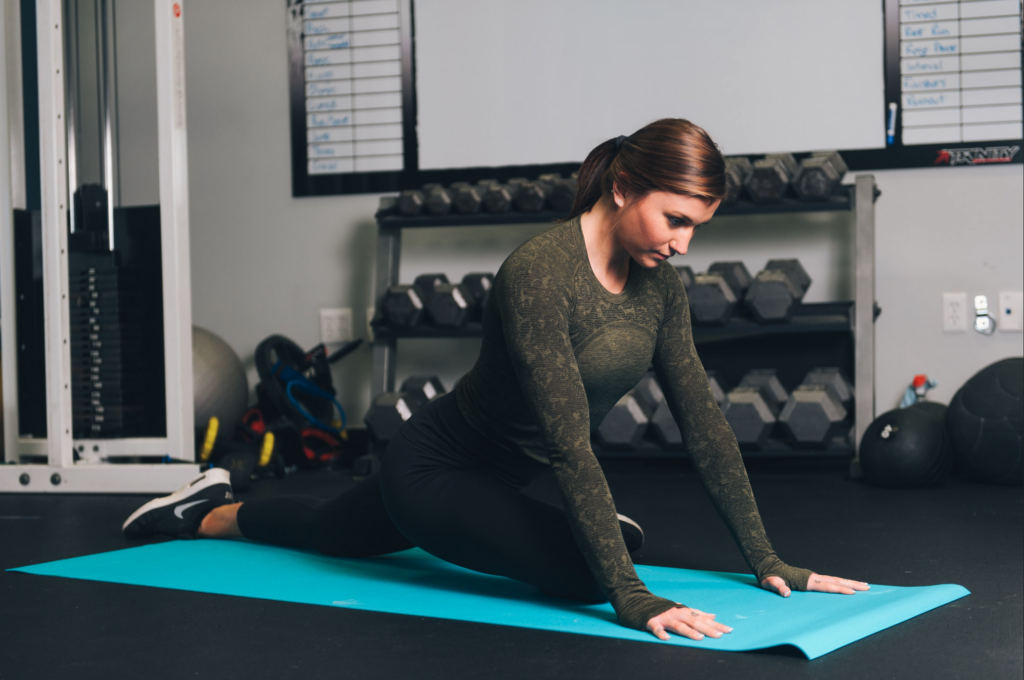
-
Lower the Intensity
Swap sprints for a jog or heavy squats for bodyweight exercises. Aim for 50-70% of your usual effort—enough to get the blood flowing without overtaxing your system. -
Keep It Short
A 20-30 minute session can still deliver benefits without draining your reserves. Think brisk walking, light stretching, or a quick circuit. -
Hydrate and Fuel Up
Sleep deprivation can dull hunger cues, but your body needs energy. Sip water and grab a small snack (like a banana or toast) pre-workout to avoid crashing. -
Warm Up Well
Stiff, tired muscles need extra love. Spend 5-10 minutes on dynamic stretches to wake up your body and reduce injury risk. -
Listen and Adjust
If you feel dizzy, overly fatigued, or just “off,” stop. There’s no shame in calling it quits early.
When to Skip the Workout Entirely
Sometimes, rest is the best move. If you’re battling chronic sleep loss (multiple nights of poor rest), dealing with illness, or feel physically unwell, skip the gym. Napping or restorative activities like meditation can do more for your health than forcing a sweat session.
The Long Game: Prioritize Sleep for Better Workouts
Ultimately, this debate highlights a bigger truth: sleep isn’t optional—it’s foundational. Exercise might patch up a rough night here and there, but consistently shortchanging your shut-eye will undermine your fitness goals. To perform at your best, aim for 7-9 hours of quality sleep most nights. Create a wind-down routine, limit screen time before bed, and treat sleep like the performance enhancer it is.
Final Thoughts: Balance Is Key
Running on empty doesn’t have to mean choosing between exercise and rest in black-and-white terms. A bad night’s sleep isn’t a dealbreaker for staying active, but it’s a signal to tune in to your body’s needs. Light movement might lift you up when you’re tired, while a grueling workout could push you over the edge. Weigh the benefits against the risks, adjust your approach, and don’t beat yourself up either way.
So, next time you’re staring at your gym bag after a sleepless night, ask yourself: What will serve me best today? Whether it’s a gentle stretch or an extra hour under the covers, the right choice is the one that keeps you moving forward—physically and mentally.
